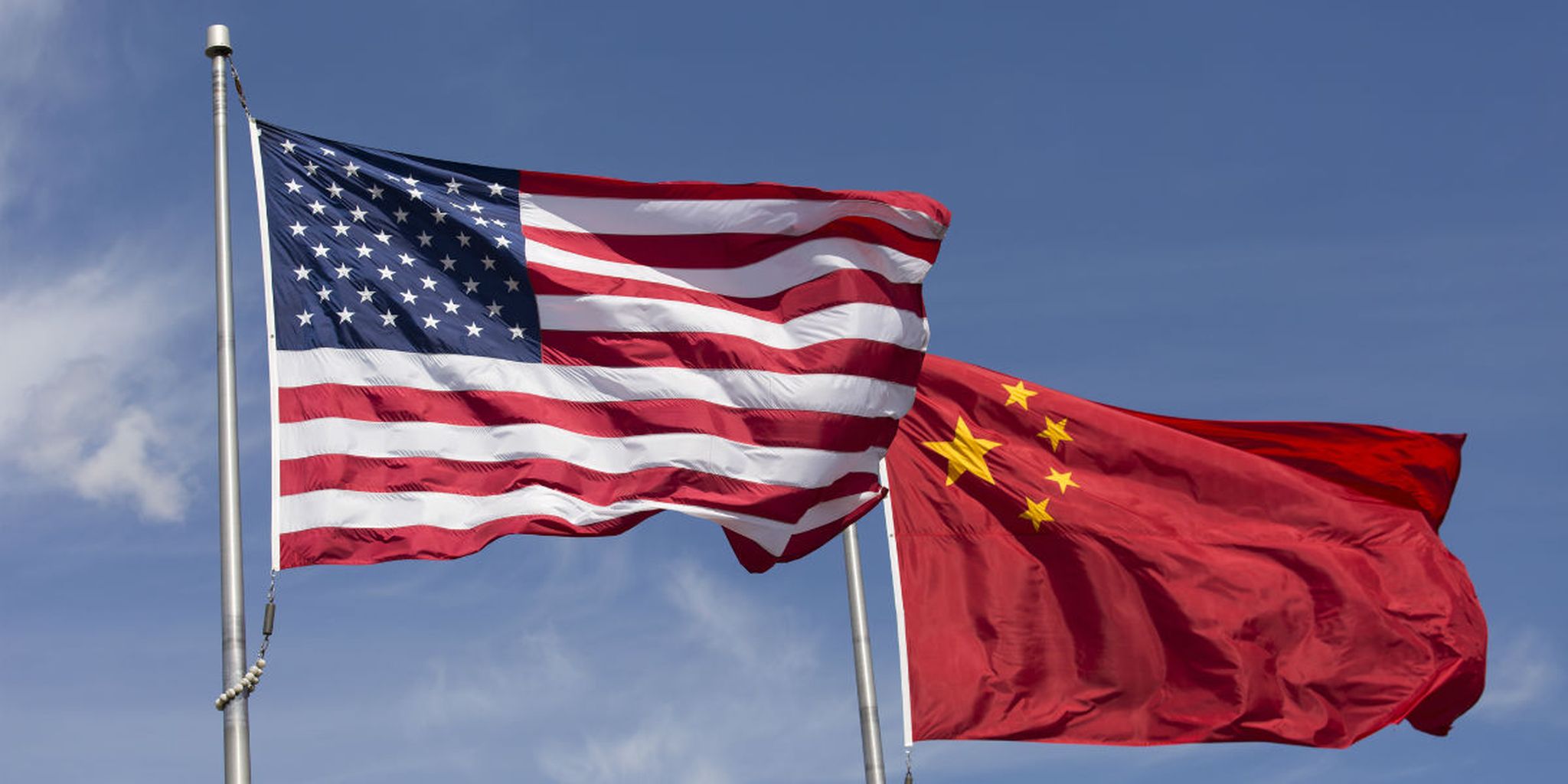Rising tensions between China and the US have economic consequences, says Jesse Groenewegen, investment strategist at Rabobank. “Not just in the two superpowers, but in other regions like Europe.”
“US Treasury Secretary Janet Yellen recently visited China. Her trip was aimed at reducing tensions between the two superpowers. At the end of the visit, Yellen stressed that the two countries have important shared interests, but she did not divulge any concrete agreements.
The US is doing everything it can to slow down China’s military progress. Especially in the field of artificial intelligence (AI) application. For example, Washington blocks the export of advanced chips to China, wants to limit China’s use of US cloud services and is considering imposing investment restrictions on some Chinese companies.
A disadvantage
China, in turn, announced export restrictions on germanium and gallium, key raw materials needed to make chips. China is currently at a disadvantage in this conflict. China’s economy is slowly recovering from the Covid era and still has to contend with an ailing real estate sector.
A country can rarely use these additional trade and investment restrictions. The US economy is doing very well, is a global leader in AI, and therefore can afford more. However, this slow disengagement is not without risks for the US. A disruption of trade with China could ultimately dampen global inflationary efforts.
Although the sectors in question represent a small fraction of the total trade, who knows where the disconnect will end? In 2018, former President Donald Trump started a trade war with China. Many of the export restrictions and tariffs imposed then are still in force today.
Headache in Brussels
Hence it is easier to introduce such measures than to abolish them. This severance and its attendant consequences affect other countries as well. Chinese export restrictions on critical raw materials also apply to Europe and Japan. Europe, in particular, is heavily dependent on China in this regard. So export restrictions are causing headaches in Brussels.
New suppliers had to be found and supply chains had to be adapted. It doesn’t make things cheaper. Thus, the battle between China and the US for AI superiority begins, with global consequences that could have major consequences for trade and investment flows.
Supply-driven inflation went away for a while after COVID, but is now firmly back. This is something we take into account in our long-term investment strategy.

“Passionate analyst. Thinker. Devoted twitter evangelist. Wannabe music specialist.”

/s3/static.nrc.nl/wp-content/uploads/2024/05/web-0105ecofed.jpg)





More Stories
High interest rates in US will remain unchanged, Federal Reserve concludes
After TikTok was banned in the US, Europe is also speaking out
A Tour of the West Coast of America: From Seattle to San Diego